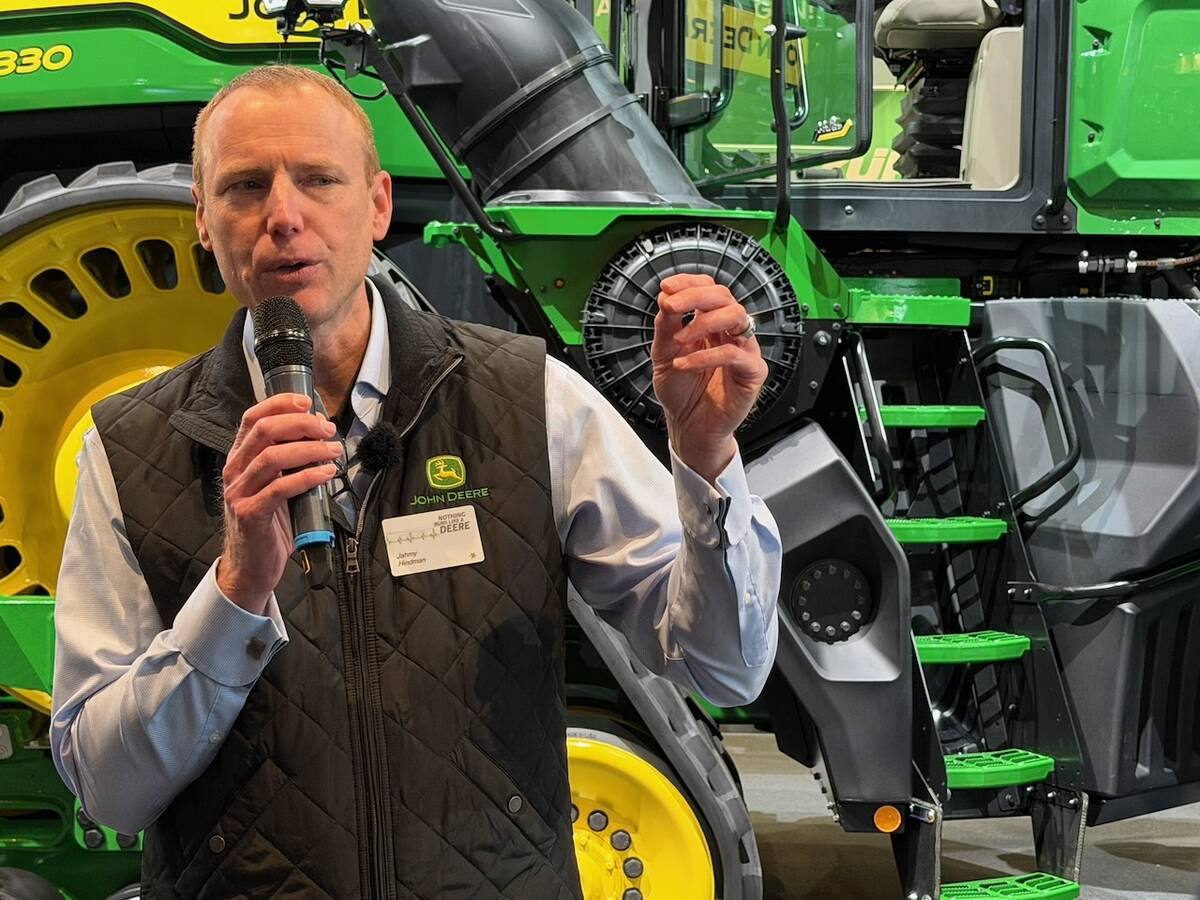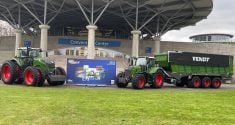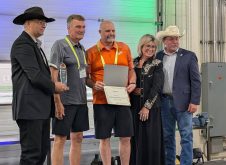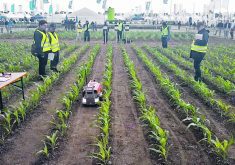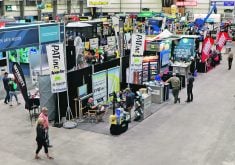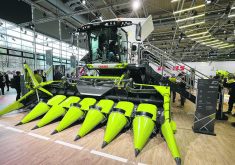Day 1 of Agritechnica in Germany saw a lack of major new equipment launches from companies with the largest North American market share during a downturn in the farm economy, especially in the United States.
Follow all our coverage of Agritechnica 2025 here
However, among the 2,700 exhibitors at the world’s largest agricultural machinery show, there’s a sense of optimism in new technology ranging from precision control, to data management, to more machine operation of equipment to help alleviate labour shortages on farms around the world.
Read Also

Gene editing digs deeper space in Canadian plant breeding
More Canadian research into crop variety development is incorporating gene editing, and one researcher notes that Canada’s regulatory approach to gene editing will help drive innovation
Canada in focus
Canada has a bigger presence than ever before at Agritechnica. There are around 50 Canadian companies here. The Saskatchewan Trade and Export Partnership (STEP) display has the largest contingent at 21 exhibitors. The Agricultural Manufacturers of Canada (AMC) is leading the Canada Pavilion, where numerous companies, mostly from outside of Saskatchewan, are based for Agritechnica.
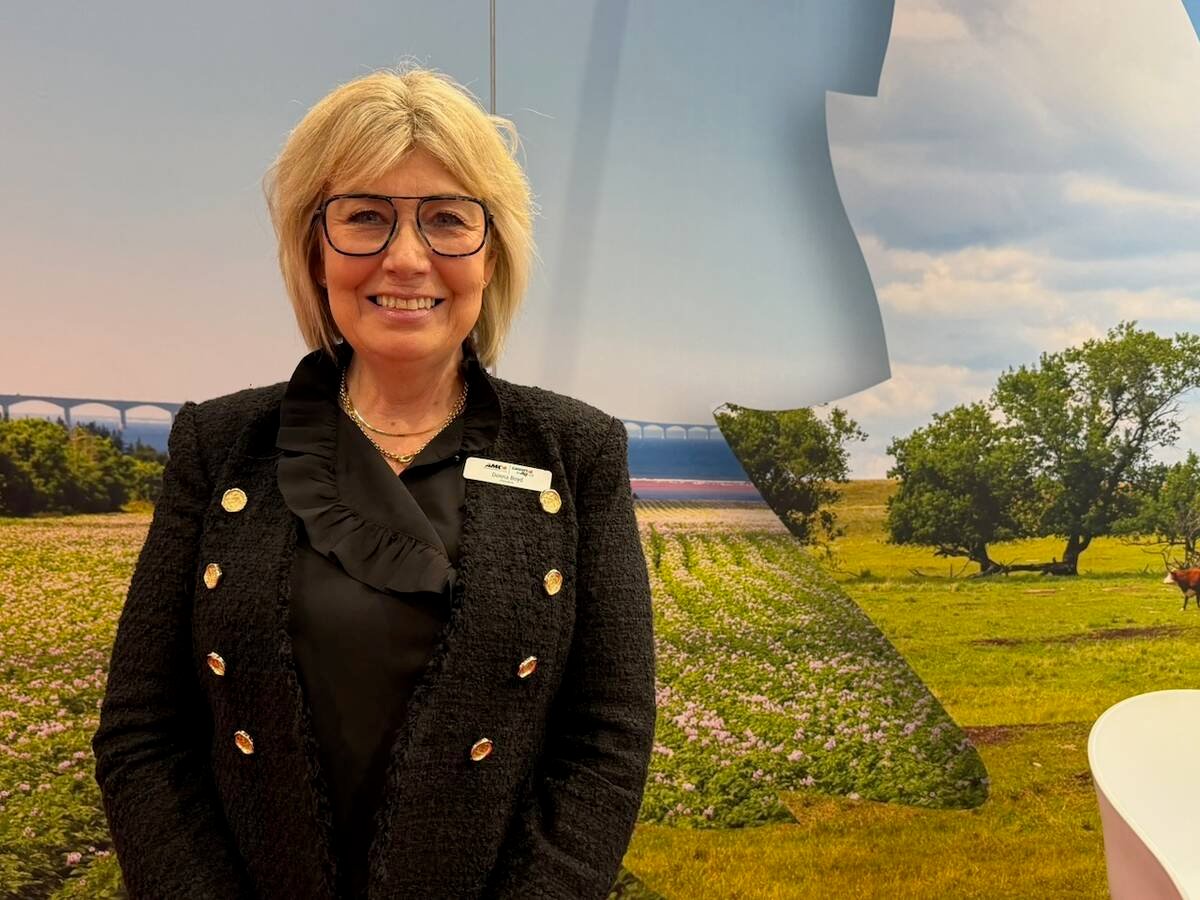
Then, there’s the Manitoba-supported booth which focuses on grain-handling technology.
There are other long-term exhibitors, like MacDon, Canadian companies with experience at the show.
The challenging agricultural economy has meant difficult times for farm manufacturers, and they are looking for other markets around the world, said Donna Boyd, CEO of AMC, during an interview after the official opening of the Canada Pavilion on the first day of Agritechnica.
Versatile pushing back into Europe
Canadian tractor maker Versatile has sold tractors into Europe from the time if was owned by New Holland.
Between COVID supply chain disruptions and being owned by Russia-based Rostelmash, which caught the company up in anti-Russian sentiment after the invasion of Ukraine, Versatile has been out of the European market for a few years.
It’s since been sold to the Basak Tractor division of OSKO Holding, a Turkish company.
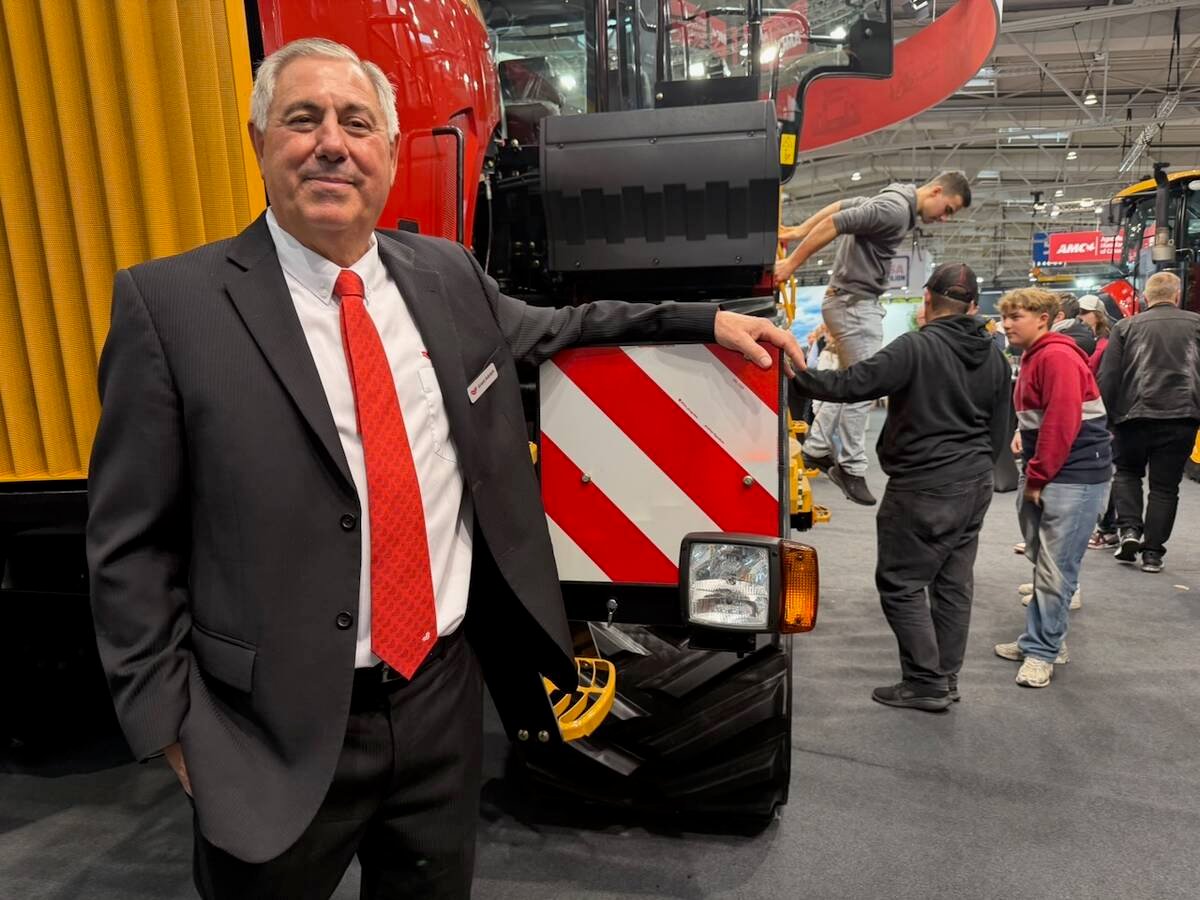
That means Versatile is moving back to the European market, says Grant Adolph, chairman of the board of directors and Chief Operating Officer of the Buhler Group of Companies, which includes Versatile tractors and Farm King augers other implements.
He was at Agritechnica to help relaunch Versatile tractors back to the show and the European market.
Adolph says Versatile plans to move the Winnipeg-made Genesis tractor into the European market in a year. He also says to watch for an expansion of the Versatile line with smaller tractors and perhaps telehandlers in partnership with Basak Tractor.
Autonomy evolving
There’s an inevitable march to autonomous operation of farm equipment, but as the technology evolves, it still has a way to go in large machinery and in making sure that autonomous units of all sizes can handle all the functions of the implements they are pulling.
Jahmy Hindman, John Deere’s senior vice-president and chief technology officer, said at Agritechnica that John Deere’s work over the past almost 30 years has been a pathway to autonomy, from the beginnings of GPS tracking with the company’s acquisition of NavCom in the 1990s.
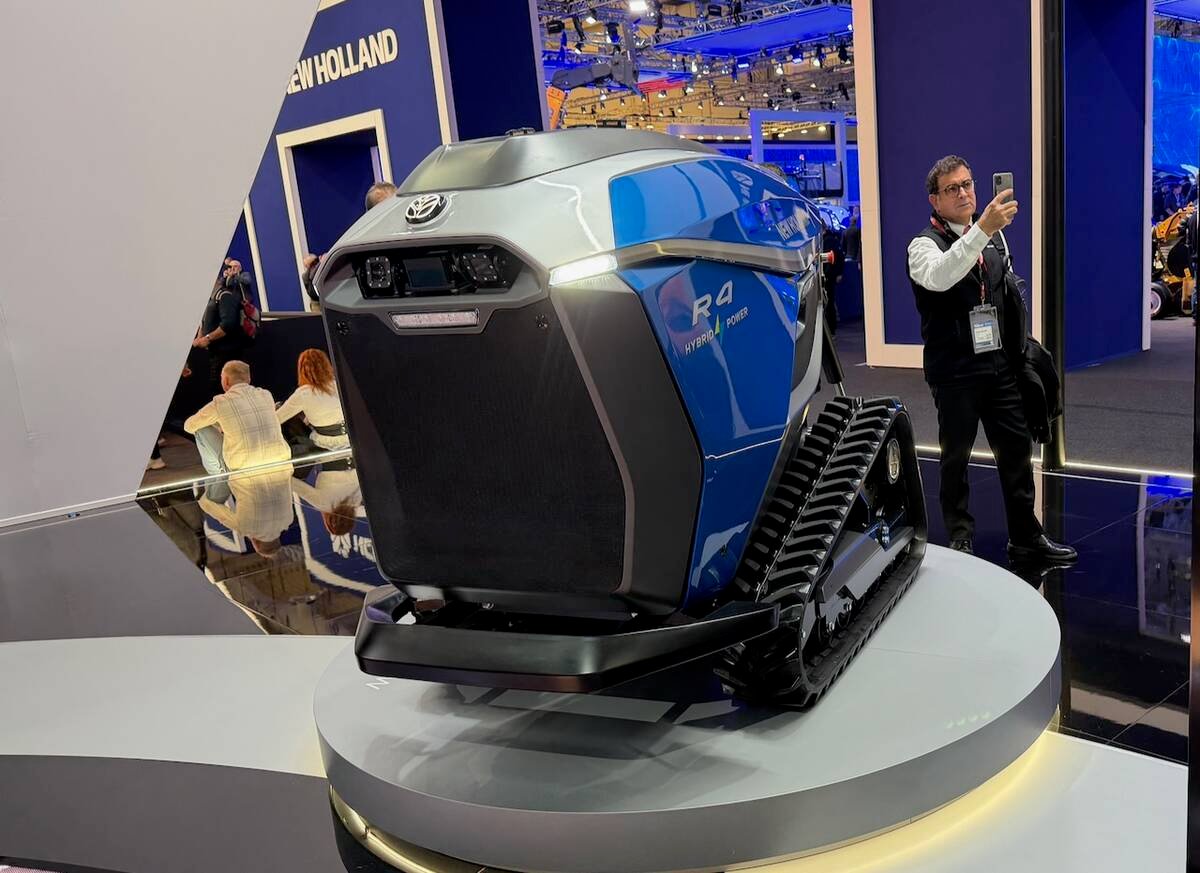
Since then, parallel tracking, auto track, section control, auto track turning control and auto path have been steps towards autonomous operation of farm equipment.
John Deere is working on the large machinery side, with its largest tractors, the 9R and 8R tractors the first with in-field autonomy in limited production. John Deere is mostly working with retrofits.
Other companies are creating ground-up autonomous units, although most of them aren’t in commercial production yet, other than some companies like Agxeed and Robotti.
New Holland is showing a new autonomous unit at Agritechnica, and there are other solutions from everyone from Claas, to Kubota and Kuhn.
Watch for all of the coverage from Glacier FarmMedia’s Greg Berg and John Greig at Agritechnica here.


